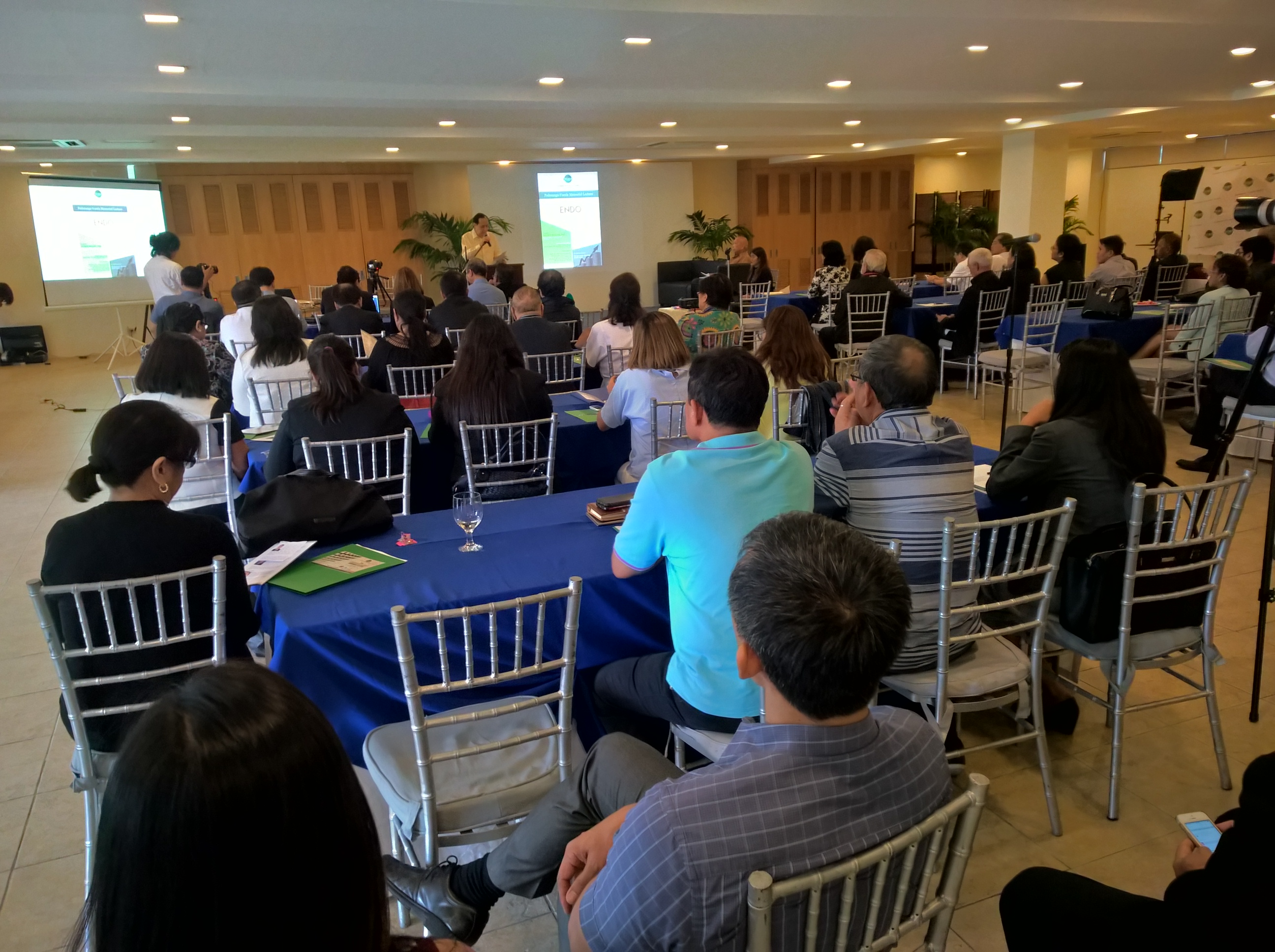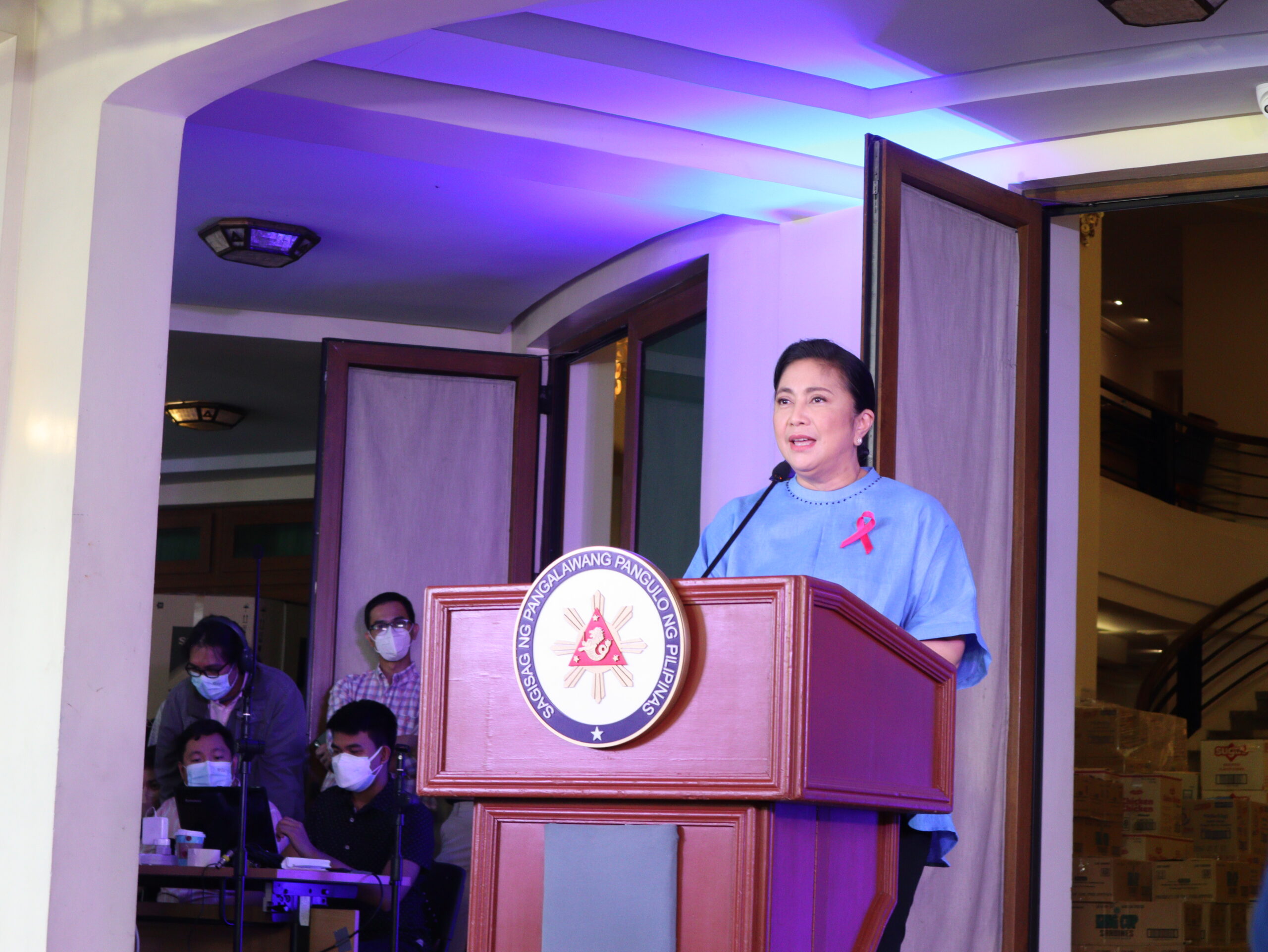Would ending Endo contribute to inclusive economic growth? Part (1)
Yesterday, because of my executive background and interest in People and Organization Management and Development, I eagerly attended the presentation of the paper written by Dr. Vicente Paqueo and Dr. Aniceto Orbeta.
This forum was sponsored by the Foundation for Economic Freedom (FEF) about the impact of “Ending Endo” to our economic growth, and will be this is the first of many memorial lectures to come, in honor of two of their influential co-founders– Cayetano Paderanga Jr. and Francisco M. Varela.

Understandably, most participants comprise of business people, expats, representatives from the academe, NGOs and foreign embassies. I was hoping to bump into leaders of trade union but I found none, or maybe I was not aware that someone is in attendance.
The study was presented by one of the authors, Dr. Vicente C. Paqueo himself, a visiting research fellow at the Philippine Institute of Development Studies.
Other experts were present to give their reaction. They were
- Gerardo P. Sicat, Ph.D- Professor Emeritus of Economics at University of the Philippines School of Economics (UPSE), and the 1st NEDA Director General.
- Emmanuel F. Esguerra, Ph.D- Professor of Economics at UPSE, and acting Socia-Economic Planning Secretary General of NEDA from Feb. 1 – June 30, 2016.
- Ma. Nieves R. Confessor- Core faculty member of the Asian Institute of Management (AIM) and former Secretary of DOLE.
- Atty. Raul Angeles- Executive Director of the Board of Investments (BOI) of the Dept. of Trade and Industry (DTI).
- Alex V. Avila- Assistant Secretary, Department of Labor and Employment (DOLE)
Before I echo what was discussed, here is a copy of the presentation for your reference:
For purposes of this discussion, “ending endo” refers to the populist policy being advocated by the progressive group, and seemingly being pursued by President Rodrigo Duterte (PDU30) administration.
TECs or Temporary Employment Contracts refers to all non regular employment, both the legit practices, and the 555, which many believed as an unacceptable and exploitative practice of some business organizations.
According to the presenter, Europe went thru the same process. They started with a restrictive policy for TECs, similar to what the Philippines (PH) has, and this led to Eurosclerosis or jobless economic growth. Europe reformed and became receptive to TECs. This led to the rise of temporary workers– from 6% in 1983 to nearly 15% in 2007. This also brought down the unemployment rate in Europe.
The presenter further believed that if the populist policy of ending endo will be pursued, without qualifying the value adding benefit of TEC, it can lead to :
- Decline in employment rate
- Increase in unemployment rate
- Reduced transition rate from temporary to permanent employment
- Less opportunities for the disadvantaged/vulnerable workers to become permanent employee
A policy of highly restrictive employment protection leads to higher unemployment rate.
The economic value of TEC, according to the European experience are the following:
- Employers will be empowered to
- adjust labor use to changing demands, like peak and lean seasons (retail) and project based business activities (construction)
- to reallocate employees from low productivity sector during low demand to other sectors w/ higher productivity.
- to screen unwanted employees bec. recruiters were inefficient in
- validating what was claimed in the application form and CVs
- reducing mismatch
- TEC is a stepping stone of employees with poor credentials to take their time to learn, and eventually becomes a regular employee.
- It minimizes the lock-in effect.
The Philippine Experience on Temporary Employment Contracts (TECs)
According to the presenter, the great majority (based on their survey) of endo workers are satisfied with their current job (please refer to table 6 or slides 21-22). Respondents were happy because they received the prescribed minimum wages, social insurance and other benefits.
Data also point to an increase in permanent employment. Roughly 40-45% of temporary workers transitioned to permanent employment from 2003-2010 (please refer to slide 24).
Why Some Employers Resort to Endo Practices?
Endo or 555 has become a tool for employers to escape the cost and other difficulties associated with regularizing employees. The benefits of practicing endo far outweighs the benefits of maintaining regular employees.
How Will Government End Endo?
The initial plan announced by DOLE are as follows:
- Limit the scope to the practice of 555
- 50% reduction for 2016
- 100% by 2017
- No plans for new legislation, but will influence all employers to comply with the present regulations.
- The labor code will be reviewed
On my next post, I will be sharing the reactions of the invited panelists. Afterwards, I’ll write my own reflection at ASKSonnie.Info Blog.
For the meantime, do you agree with the result of the study of Drs. Paqueo and Orbeta?
Continued in Part 2
This post is supported by a writing grant from the Philippine Center for Investigative Journalism (PCIJ)

